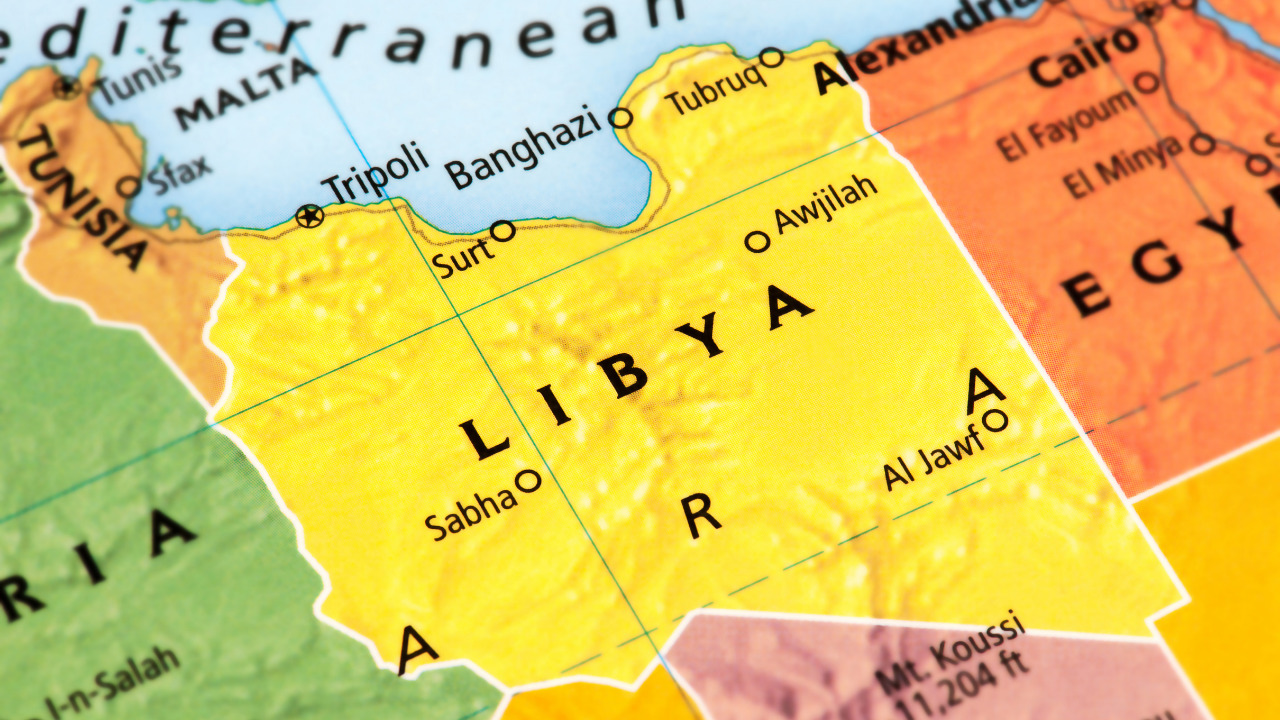Date first published: 30/11/2021
Key sectors: oil and gas; all
Key risks: political violence; war on land; business disruption; sanctions
Risk development
On 16 November Libyan National Army warlord Khalifa Haftar announced plans to run in Libya’s upcoming 24 December presidential elections. This followed a similar announcement on 14 November by Saif al-Islam al-Gaddafi, the son of former dictator Muammar al-Gaddafi, who was subsequently disqualified from standing by the High National Election Commission in its preliminary list of 73 approved candidates.
Why it matters
The upcoming elections will be the first since the turbulent vote in 2014 that triggered a second wave of civil war between the country’s east and west, and endured until a ceasefire was reached in October 2020. The elections will be an important opportunity for Libya to embark on a path towards meaningful political transition and reconciliation. However, with Haftar, Saif al-Islam and other controversial candidates’ announced intentions to run for the presidency, there is a risk that the vote will inflame existing rivalries between east and west, potentially resulting in a return to armed conflict, civil unrest and widespread political violence should the election results be rejected by key players. This has already begun to play out, with political rivalries increasingly translating into action. On 25 November, militants loyal to Haftar besieged a courthouse in Sabha, where Saif al-Islam’s lawyer had intended to appeal his disqualification from the elections. Local citizens subsequently protested on 29 November to demand an end to the intimidation of judges.
The likelihood of further, more violent incidents ahead of the elections remains high. This is underpinned by the nature of Libya’s fragmented security environment, marred by the lack of a unified state security apparatus and the proliferation of armed militants and foreign fighters. With key candidates such as Haftar closely tied to militant groups, the risk of violence is exacerbated. As witnessed following the recent vote in Iraq, armed groups displeased with the electoral outcome could reject the polls and attempt to obstruct the political process through armed intimidation, protests and violent clashes. In the event that Haftar loses the election, he may be able to use his military capabilities to further disrupt and delegitimise the political process.
Background
Until October 2020, Tripoli had been controlled and governed by the UN-backed Government of National Accord (GNA), backed militarily by Turkey and diplomatically by the EU. The east was largely controlled by the House of Representatives (HoR) and the affiliated Libyan National Army (LNA) led by Haftar, backed militarily by Egypt, Russia, and the UAE, and diplomatically by France and Italy. This divide, fuelled by national and international players with opposing interests in Libya, has been a major roadblock to a meaningful political transition in the country. The conflict saw Haftar order a full-scale assault on Tripoli in April 2019. After years of rival parallel administrations fighting an intermittent war, Libya consolidated an interim executive and the two pre-existing rival governments handed power over peacefully to the new Government of National Unity (GNU) headed by Abdulhamid Dbeibeh in March 2021. However, the underlying divides remain.
Risk outlook
It is likely that the 24 December elections could trigger a resumption of hostilities similar to 2014, as militia groups have not demilitarised. The fragile peace – maintained since October 2020 – may disintegrate during the electoral process as both sides vie for political influence in territory they have fought over militarily in the last seven years.



